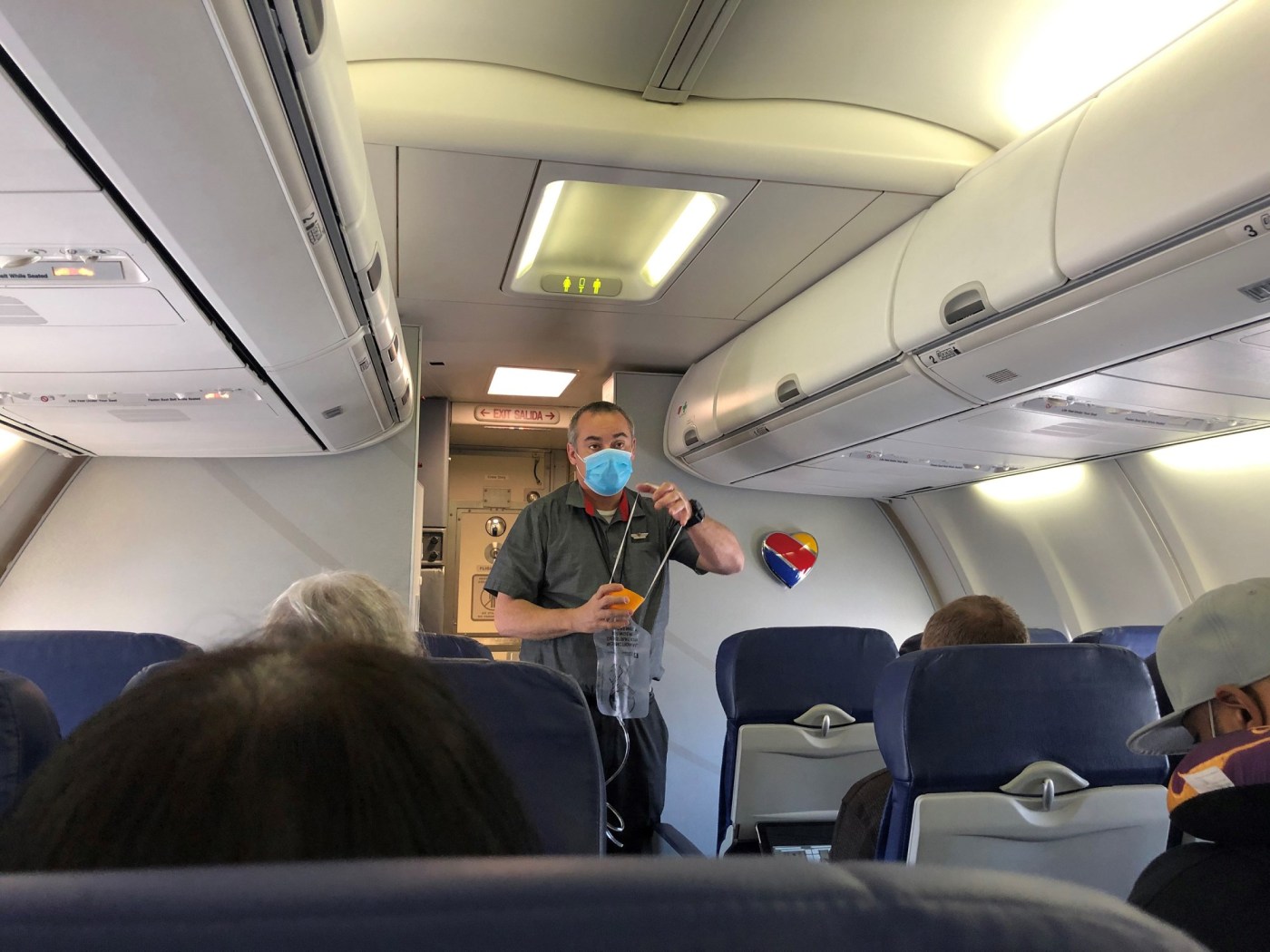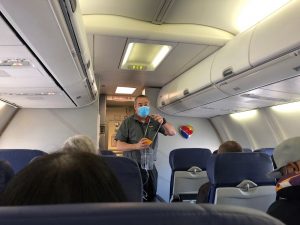
Unruly air travelers remain a disturbance in the skies, FAA says
Allyson Versprille | (TNS) Bloomberg News
The U.S. Federal Aviation Administration has reaffirmed its commitment to crack down on unruly airplane passengers after tracking more than 900 cases of travelers causing in-flight disturbances so far this year.
According to the regulator, there have been 915 cases of unruly passengers from the beginning of January through June 9, including 106 cases involving intoxicated travelers.
“Travelers will pay for misbehaving,” the FAA said in a statement, adding that it has a zero-tolerance policy for such incidents.
The FAA has increased its focus on unruly passengers in recent years as the number of incidents spiked during the COVID-19 pandemic. 2021 was the worst on record with nearly 6,000 cases, representing an almost 500% increase from the prior year, according to the agency’s data. An expected increase in summer travel this year could exacerbate the problem.
In January 2021, the agency adopted a stricter policy against unruly passengers, saying it would pursue legal enforcement action against anyone who assaults, threatens, intimidates or interferes with airline crew members — rather than addressing those issues with warnings or counseling. The policy was originally intended to be temporary before the FAA made it permanent in April 2022.
The number of unruly passengers has dropped since the 2021 peak, though levels in 2022 and 2023 were still higher than pre-pandemic rates. The FAA can propose penalties of as much as $37,000 per violation against air travelers that cause disturbances. Incidents can also be referred to law enforcement agencies and lead to felony convictions, or land passengers on no-fly lists, it said.
___
©2024 Bloomberg L.P. Visit bloomberg.com. Distributed by Tribune Content Agency, LLC.


